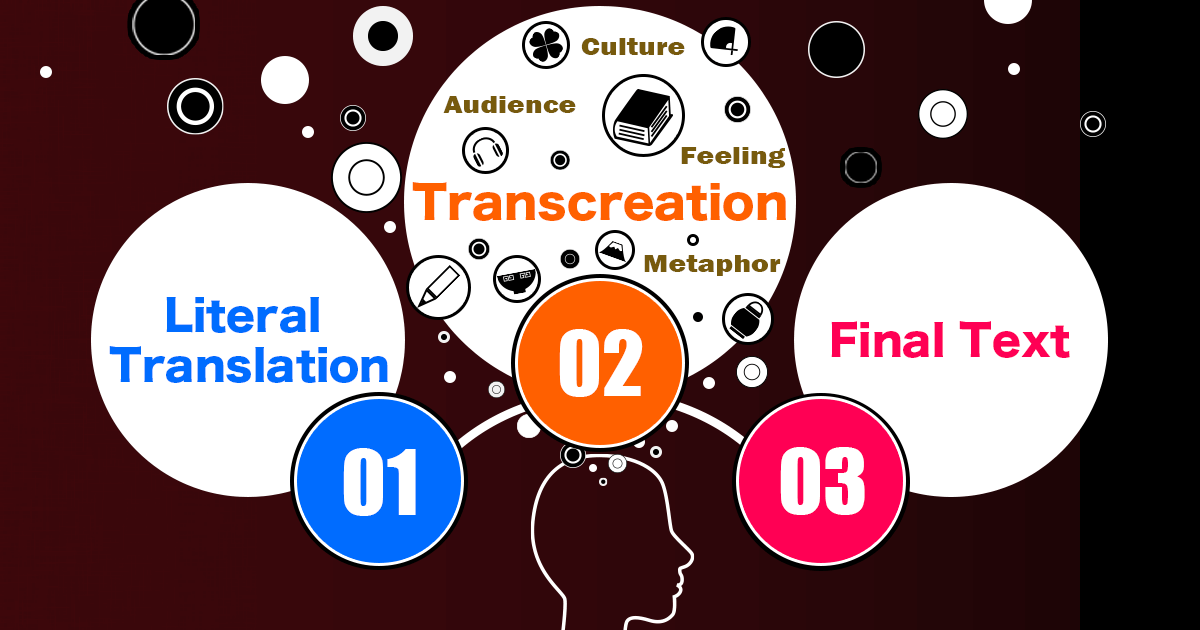The vastness of the impact Lati had on present-day languages and cultures is beyond measure. For ages, several scientists and authors have regarded it as the primary language for disseminating their research and exhibiting their creative impulses.
Yet these days, it’s difficult to determine whether Latin still qualifies as one of the living languages. An impulsive answer to this question may be, quite concisely, “No, Latin is not an active language, given it is no longer the principal means of communication in any national or regional society.”
However, upon closer examination, we may notice that Latin is still alive in the contemporary world, and not just because it is the official language of the Vatican.
In this article, we will delve into the significance of Latin in the modern era and the means by which it endures in today’s society.
Debunking the Myth: Is it Truly a Dead Language?
Studying Latin’s history and language evolution is essential to determine its importance.
It was first spoken in Latium (an area of Italy) around the seventh century BCE and spread both geographically and in terms of the number of fields it served.
Setbacks like the fall of the Roman Empire caused its importance to decline, leading to the emergence of different regional versions of the language. These versions, over time, evolved into modern-day Romance languages such as Italian, French, and Spanish. Native languages of respective nations replaced it, resulting in decreased daily use of Latin.
Some claim the language is no longer in use, but this does not mean it’s irrelevant. Based on a definition, Latin can be considered a dead language if no group uses it for communication or if there are no native speakers. Despite this, Latin still holds importance in academia, law systems, and Catholic Church.
It also remains influential in contemporary cultures and languages. Many English words have Latin roots, prefixes, or suffixes. In academic institutions worldwide, Latin remains an important subject. It’s studied to understand Western society’s foundations and as a key to exploring the roots of modern languages.
In legal, philosophical, and scientific situations, Latin phrases, axioms, and expressions are still widely employed, exhibiting the language’s long-established power.
A significant number of people also study Latin for self-realization and academic reasons.
There are also Latin-speaking internet groups and initiatives such as “Living Latin,” which inspire language usage in speech and written communication.
In summary, while Latin vaguely fits the description of a dead language, its impact on language, culture, and education cannot be disregarded. Its influence is still very much alive, especially in certain specific fields.
The Lingering Presence of Latin in Modern Society
The enduring presence of Latin in modern society serves as evidence of its historical significance and long-lasting impact on human civilization. Despite its theoretical classification as a dead language, Latin still influences scientific terminology, legal language, and cultural expressions in a variety of ways.
Due to its fundamental role in the realm of science, Latin has become the language of choice for naming new species, diseases, and other scientific phenomena. For centuries, scientists have utilized Latin to create universally understood terms and names that surpass the barriers of various languages. Developed by Carl Linnaeus, the binomial nomenclature system accords a Latin name to every recognized animal and plant species facilitating clear communication among scholars globally.
Similarly, healthcare professionals use Latin roots to describe anatomical structures, diseases, and procedures, ensuring effective communication with colleagues from different linguistic backgrounds.
The perpetual imprint of Latin is also evident in the legal sector. Legal systems around the world, especially those grounded in Roman law, like civil law jurisdictions, continue to employ Latin idioms and maxims as brief expressions for intricate legal concepts. Terms like “habeas corpus,” “subpoena,” and “pro bono” are frequently used in legal discussions, both spoken and written. These expressions allow legal practitioners to convey particular meanings while preserving a sense of custom and continuity with the past.
In literature, Latin quotations and references are frequently applied to add profundity and subtlety to written compositions, captivating readers’ intellects and comprehension of past events. Modern popular culture has also embraced Latin adages, such as “carpe diem” (seize the day) and “memento mori” (remember you must die).
Latin has been a key to understanding Western culture’s emergence, imaginative arts, and philosophy. Significant works in their authentic Latin language, such as texts from classical Roman authors like Virgil and Cicero and Renaissance humanists like Erasmus and Thomas More, offer diverse viewpoints of their authors’ ideas and the societal background during their age.
In summary, Latin’s lasting existence in several aspects of modern society emphasizes its ongoing applicability and importance. The impact of this language on scientific terms, legal language, and cultural expressions indicates the profound and enduring influence it has had on human thought and communication for centuries. Consequently, Latin preserves a crucial role in shaping modern-day discourse across several fields and disciplines.
Latin’s Role in Catholicism and Religious Discourse
One key role played by Latin is its status as the official language of Vatican City, making its usage widespread in Catholic liturgy. Its use unites the global Catholic community, surpassing geographical and linguistic barriers to serve as the official language of the Holy See.
In Vatican City’s administrative functions, Latin still plays an essential role, with many official documents, such as papal encyclicals and announcements, issued in the language. Despite allowing the use of vernacular languages in liturgical celebrations after the Second Vatican Council in the 1960s, Latin remains an integral aspect of the Church’s tradition and helps preserve its rich cultural and religious heritage.
Numerous members of the Catholic community worldwide still participate in Latin Mass, as they continue to value its appeal, beauty, and enduring history. Furthermore, sacred melodies, like the Gregorian chant, underline Latin’s uncommon aptitude for conjuring up spiritual profundity and passion.
Latin’s ongoing part in Vatican City’s religious customs and the Catholic Church further reiterates its immense influence and importance in present-day society.
Latin’s Impact on Philosophy and Intellectual Thought
The enduring impact of Latin on philosophical ideas and beliefs throughout history is abundantly clear. For centuries, Latin facilitated the exchange of ideas among scholars across various fields, allowing for intellectual discourse among generations.
Eminent intellectuals of different ages, including Thomas Aquinas, Augustine of Hippo, René Descartes, and Baruch Spinoza, communicated their thoughts in Latin, making it easier to share and discuss concepts with other intellectuals or the public. As a result, intellectual inquiry and intercultural discourse were stimulated, and Latin terminology contributed to the development of precise arguments and concepts that continue to shape philosophical inquiry today.
The fact that philosophical language was heavily influenced by Latin is evident from Latin terms integrated into current communication, conveying complex ideas vividly.
Academics of diverse tongues utilize the Latin lexicon, thus heightening understanding of philosophy while facilitating correspondence.
Fundamentally, Latin’s impact on philosophical ideologies and notions illustrates its importance in the growth of human reasoning and intellectual discourse. It’s accuracy and affluent vocabulary elevate it beyond other vernaculars in the domain of ideas.
The Benefits of Learning Latin in the Contemporary World
Learning Latin today may provide numerous advantages across scientific disciplines, linguistic sciences, and cognitive enhancement. This makes learning Latin a valuable educational goal.
Its widespread application in areas such as biology, medicine, and astronomy makes it a very useful tool for grasping intricate concepts and conventions. Understanding Latin makes it much easier for students and researchers to navigate specialized domains. Moreover, mastery of the structure and etymology of Romance languages comes more naturally to Latin learners who possess a robust vocabulary and grammar aptitude.
It’s also important to highlight how understanding Latin may enhance the advancement of cognitive skills as it requires scrupulous cerebral exercise and evaluative reasoning. The act of decoding Latin writings and construing intricate passages instigates perceptive contemplation, ingenious troubleshooting, and meticulousness. These cognitive skills can be turned out. be handy in multiple scholastic and professional settings, thus making Latin acts an effective instrument for intellectual progress.
However, it’s also important to notice that improving and perfecting Latin might be burdensome, especially when tackling intricate prose or exploring specialized domains. For this reason, quality translation services can proficiently overcome language obstacles by addressing numerous linguistic requirements with precision and expertness. These services rely on the experience of skillful linguists who possess extensive knowledge of Latin and its modern usage, thus ensuring precise and intricate translations that preserve both meaning and context.
To sum up, learning Latin in the contemporary context offers many practical advantages, ranging from its applicability in scientific fields to its role in language learning and cognitive growth. By studying Latin, individuals can acquire valuable skills and insights that can enrich their personal and professional lives. Furthermore, with the help of competent translation services, the long-lasting cultural impact of Latin can remain evident for many more years, simplifying communication across different cultures and enhancing our comprehension of the world.
The Future of Latin
As we have seen, although less frequently spoken now, Latin still maintains a powerful influence in modern languages, sciences, and religions.
The language will likely continue to transform to meet society’s requirements rather than fade away. It will remain crucial in various professional areas, including law, medicine, and philosophy, because of its precise, concise, and extensive terminology.
Thanks to its status as the official language of the Catholic Church, Latin will endure in the religious domain. Moreover, Latin’s impact on language development will endure as scholars and enthusiasts study and instruct it. This interest will conserve its extensive history and aid in recognition of its sway on language and culture development.
Latin will continue to serve as the bedrock of numerous specialties, the cornerstone of religious customs, and the forerunner of many modern languages, contributing to our comprehension of intricate ideas and guiding our communication.
Subtitles

Professional and Accurate Subtitle Services for your Videos.
- Video subtitles specifically tailor-made for improving accessibility.
- Using highly experienced subtitlers with years of industry experience.
- Professionally written and expertly timed.
Translation

We help the world’s top companies translate their content in over 73 languages!
- We localize content for internet websites, games, travel, cryptocurrencies, and more
- Expand your global audience by adding different languages.
- We work only with qualified translators and experienced content creators
Audio translation

Ensuring full accessibility for Blind and visual impaired audiences.
- Visual descriptive events as they occur in the video.
- Working with top audio describers to perfectly describe what is happening on-screen
- Professional sound recording.









